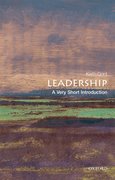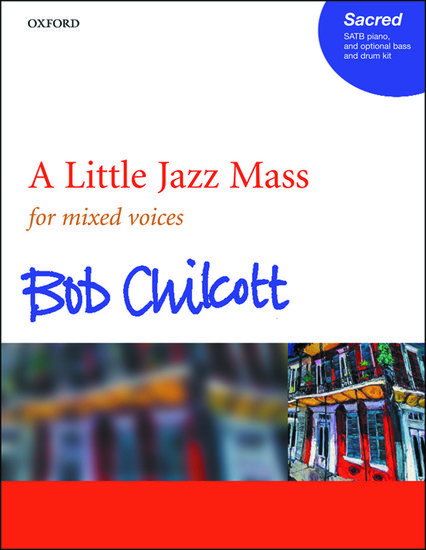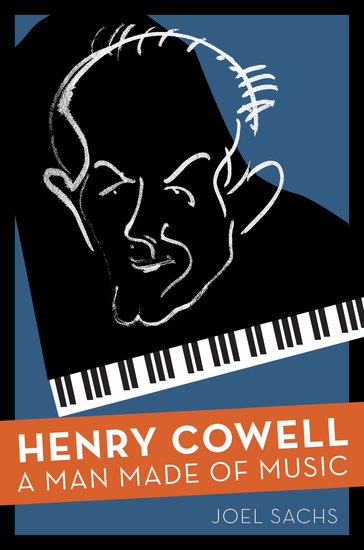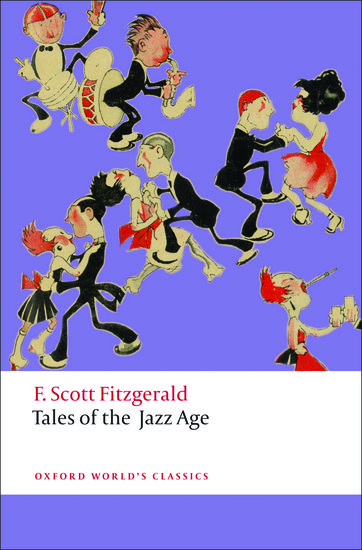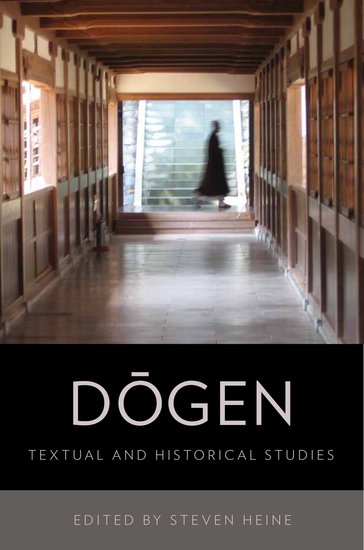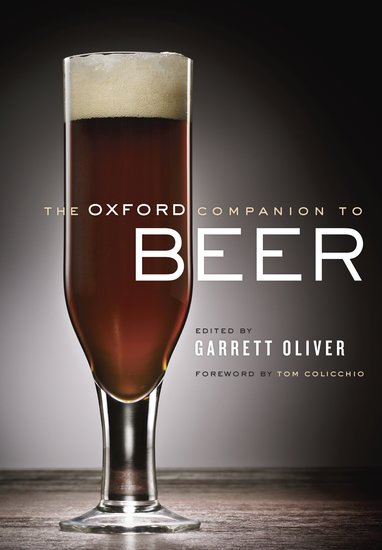The seven myths of mass murder
For the past 15 years my colleagues and I have researched mass murder; the intentional killing of three or more individuals, during one event. Recent cases of mass murder have pointed to misconceptions about this rare and frightening act, and I would like to shed some light on some common myths.



